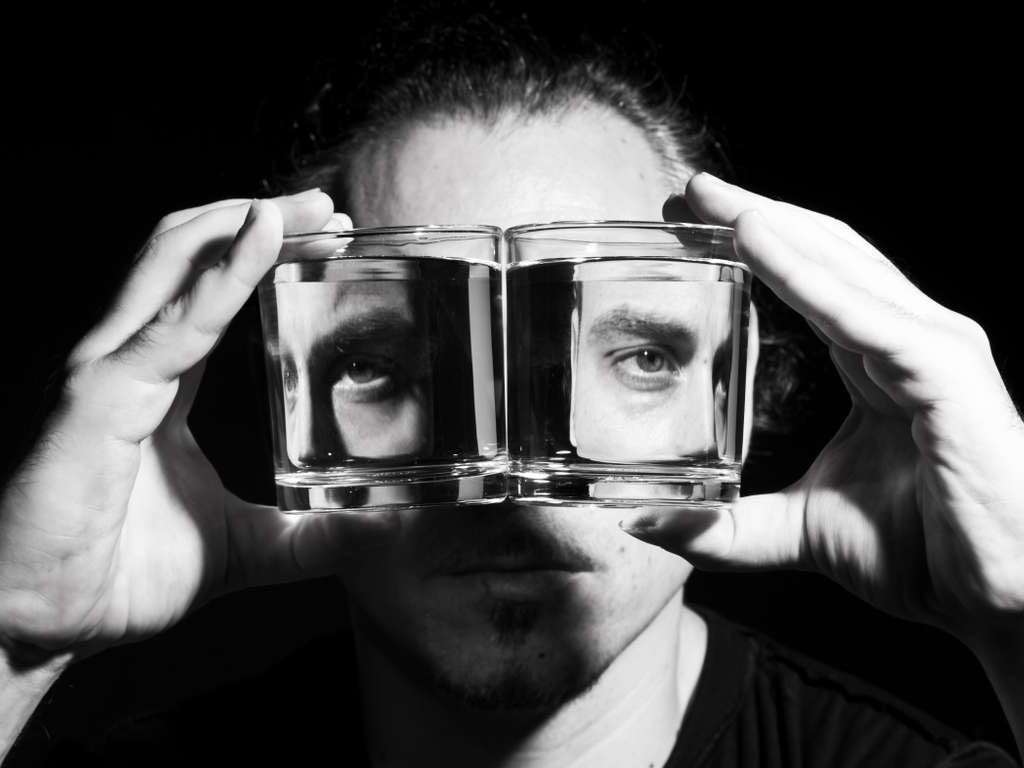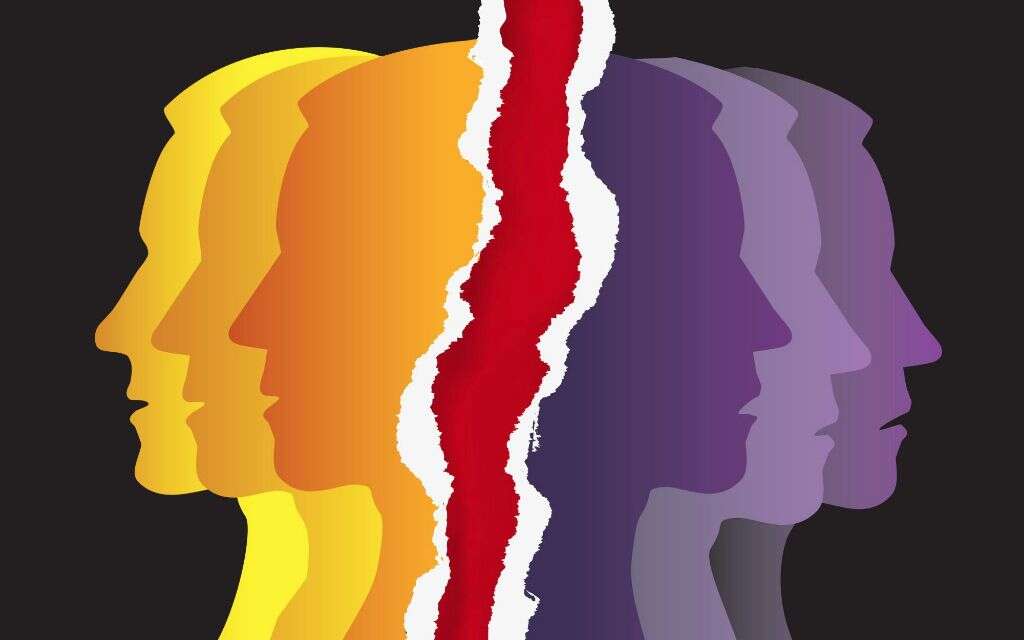What Is Multiple Personality Disorder?
Many people are intrigued by multiple personality disorder, which is officially referred to as dissociative identity disorder (DID). While there have been many movies and books produced about the subject, people often have difficulties differentiating fiction from reality.
The incidence of this condition is not known, but some studies in the US determined that it might affect less than 1.5% of the population. If you’re looking for the facts on how this dissociative disorder affects people in real life, here are the answers to 10 common questions on the subject.

1. What Does It Mean If a Person Is Diagnosed with Multiple Personality Disorder?
Multiple personality disorder falls into the overarching category of dissociative disorders, which are mental disorders that involve individuals losing connection with reality and result in issues with the person’s memory, emotions, perception, and identity. Dissociate identity disorder, dissociative amnesia, and depersonalization disorder all fit into this category.
If a person is diagnosed with DID, this means that they have two or more personalities completely distinct from one another. The individual involuntarily alternates through these different personalities, which can have minimal to severe impact on the person’s life. The personalities can vary widely, with major differences in posture, voice, personal preferences, gender, and age.

2. What Are the Signs and Symptoms of Multiple Personality Disorder?
One of the main symptoms of multiple personality disorder is the presence of two or more distinguishable personalities. In some cases, the individual is aware of these alternative personalities, but it is often observed by others, which contributes to the official diagnosis.
Another major indicator that someone has this condition is large gaps in memory that go beyond normal forgetfulness, such as not being able to remember major life events or personal details. The person may also show signs of depression, anxiety, self-harming, depersonalization, and suicidal tendencies.

3. Is Multiple Personality Disorder the Same as Schizophrenia?
Dissociative identity disorder (DID) and schizophrenia are two distinct conditions that are in no way related to each other. Multiple personality disorder is its own distinct condition and a type of dissociative disorder with very different causes and manifestations than schizophrenia.
Rather than create new personalities, someone with schizophrenia may experience hallucinations, which can be visual or auditory. This mental health disorder can also lead to changes in perception, causing the individual to have maintained beliefs about life that are not true. There is often a strong biological or genetic factor that causes a person to develop schizophrenia.

4. How Does a Person Develop Multiple Personality Disorder?
As with most dissociative disorders, multiple personality disorder often develops as a result of trauma in the individual’s life. For people with DID, this life-altering traumatic experience, or experiences, often occurs in childhood. This can include long chains of receiving abuse, witnessing violence, enduring a major sickness, or losing loved ones to death.
For some people who have experienced these traumatic events, disassociation, or a disconnect from reality, serves as a coping mechanism to escape stressful situations or to avoid reminiscing on them. In some cases, the person develops an alternate personality during these periods of dissociation, which may present itself with stronger, more assertive behavior.

5. Is Multiple Personality Disorder Hereditary?
While schizophrenia, depression, anxiety, and many other mental health disorders are often genetic to some extent, multiple personality disorder is not thought to have a hereditary component. However, there is not much known about why some people develop DID after traumatic situations and others don’t.
Trauma remains the main known cause of multiple personality disorder. While it is possible for dissociative disorders to develop in adulthood, it is most common for DID to have an early onset in childhood as children struggle to process abuse and similar traumas and use imagination as a coping tool.

6. How Is Multiple Personality Disorder Diagnosed?
A DID diagnosis is made by a mental health professional, such as a psychologist or psychiatrist. When assessing the individual, the criteria listed in the Diagnostic and Statistical Manual of Mental Disorders is used to make the official diagnosis. This includes the presence of multiple personalities, apparent amnesia, and distress or impairment as a result of the condition.
The psychologist rules out any cases where the symptoms are a result of a type of religious or cultural practice, such as enacting demon possession, or caused by substance abuse. Additionally, personality changes attributed to other physical health conditions are not diagnosed as multiple personality disorder.

7. Can Multiple Personality Disorder Be Treated?
While there is no real “cure” for multiple personality disorder, there are several ways a mental health professional can help. Most often, several different types of therapies are used, which can include psychotherapy, behavioral therapy, or other types of adjunctive therapy.
The aim of treatment is often to help the individual to cope with the disease and eventually try to regain functionality. Additionally, the therapist will help the individual retrieve repressed memories, cope with painful experiences, and address other symptoms, such as self-harm or suicidal thoughts.

8. Are There Any Medications That Treat Multiple Personality Disorder?
At this time, there is no medication used to treat multiple personality disorder. Since there is no major biological component to the condition, therapy rather than medicine is the only effective means of helping the person manage their different personalities and live a more peaceful life.
However, medication is sometimes used to address any other mental health conditions the person may be experiencing alongside DID. While medicine will not eliminate or consolidate other personalities, it can help with depression and anxiety.

9. What Is the Prognosis for Multiple Personality Disorder?
Because there is no cure for DID, there is the potential for a person to live with the disorder their entire life. While treatment can make the condition much more manageable, the condition can be difficult to diagnose and treat.
People may spend several years before receiving a diagnosis of this condition. Additionally, having multiple personality disorder can put someone at higher risk of suicide. Other mental disorders like depression are common as well.

10. What are the Direct Effects of this Disease?
Short-term effects usually appear within the first 2 years of the abuse or traumatic experience. Depending on the nature of the abuse and the age of the victim, multiple consequences can be seen. Unusual social functioning is a common sign, it is usually characterized by poor school performance, running away from home, and even delinquency.
Long-term effects like anxiety and depression are the most common signs reported by victims of abuse. It is not uncommon to develop substance abuse and to have issues with intimacy and trusting people.












